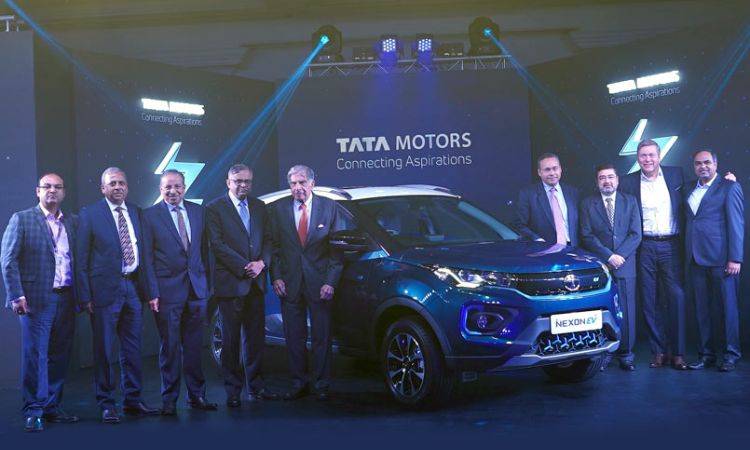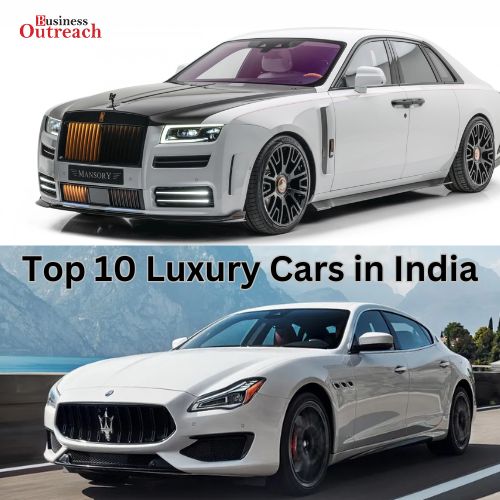Tata Sons are taking the initiative to build an EV battery factory, in the United Kingdom. With an investment of £4 billion, they are demonstrating their dedication to transportation and keeping up with the changing trends in the global automotive industry. Tata’s approach is comprehensive focusing on partnerships throughout the value chain, which highlights their commitment to innovation, inclusivity, and working together towards a future, for the automotive sector.

In a bold strategic maneuver aimed at securing the future of electric vehicles (EVs), Tata Sons is actively pursuing the establishment of a groundbreaking battery facility in the UK. This ambitious undertaking, projected to require a significant investment of £4 billion ($5.1 billion), not only underscores Tata’s dedication to sustainable transportation but also underscores the changing landscape of the global automotive sector.
However, Tata’s forward-looking vision extends beyond the mere establishment of the facility. In light of the rapidly evolving technological scene, Tata is proactively engaging with a variety of startups renowned for their cutting-edge innovations in the EV domain. As remarked by P.B. Balaji, Tata Motors Group CFO, in a recent discussion, these startups serve as technological trailblazers, and the potential to seamlessly integrate their insights into Tata’s operations opens up an extensive realm of opportunities.
With a projected production capacity substantial enough to accommodate up to half a million vehicles annually, the forthcoming battery plant is positioned as a transformative force. Tata’s approach to this monumental project is all-encompassing. Rather than concentrating solely on production, the conglomerate is dedicated to fostering partnerships that span the entire spectrum — from cell chemistry and manufacturing intricacies to the broader facets of industrialization.
Tata envisions a multi-faceted collaborative dynamic. These collaborations range from traditional joint ventures and knowledge exchange models to more innovative licensing frameworks. This comprehensive strategy underscores Tata’s intention to lead, learn, and leverage in equitable proportions.
Yet, what sets Tata’s vision apart is its inclusiveness. The company isn’t solely focused on manufacturing partnerships; it’s keen on involving pioneers from the realms of R&D, innovation, and refinement. This inclusive strategy, encompassing various stages of the value chain, resonates with Tata’s commitment to quality and innovation.
While Tata’s initiative is commendable, it’s important to note that they are not alone in the pursuit of revolutionizing Europe’s EV battery supply. Prominent automakers like Mercedes-Benz Group Ag, Stellantis NV, and Nissan Motor Co. have already embarked on similar paths. Many have chosen to collaborate with established battery manufacturers to enhance Europe’s battery ecosystem. For example, despite Volkswagen AG’s ambitious plans for a 240-gigawatt-hour capacity, they face challenges ranging from talent acquisition to sourcing crucial minerals.
Tata’s entry into the battery production arena signifies more than a mere business decision. It mirrors a shifting industry paradigm, a commitment to sustainable transportation, and a testament to the remarkable synergy that collaborations can yield. As we await further information about Tata’s choice of partners, the automotive landscape seems poised for an electrifying and promising future.















